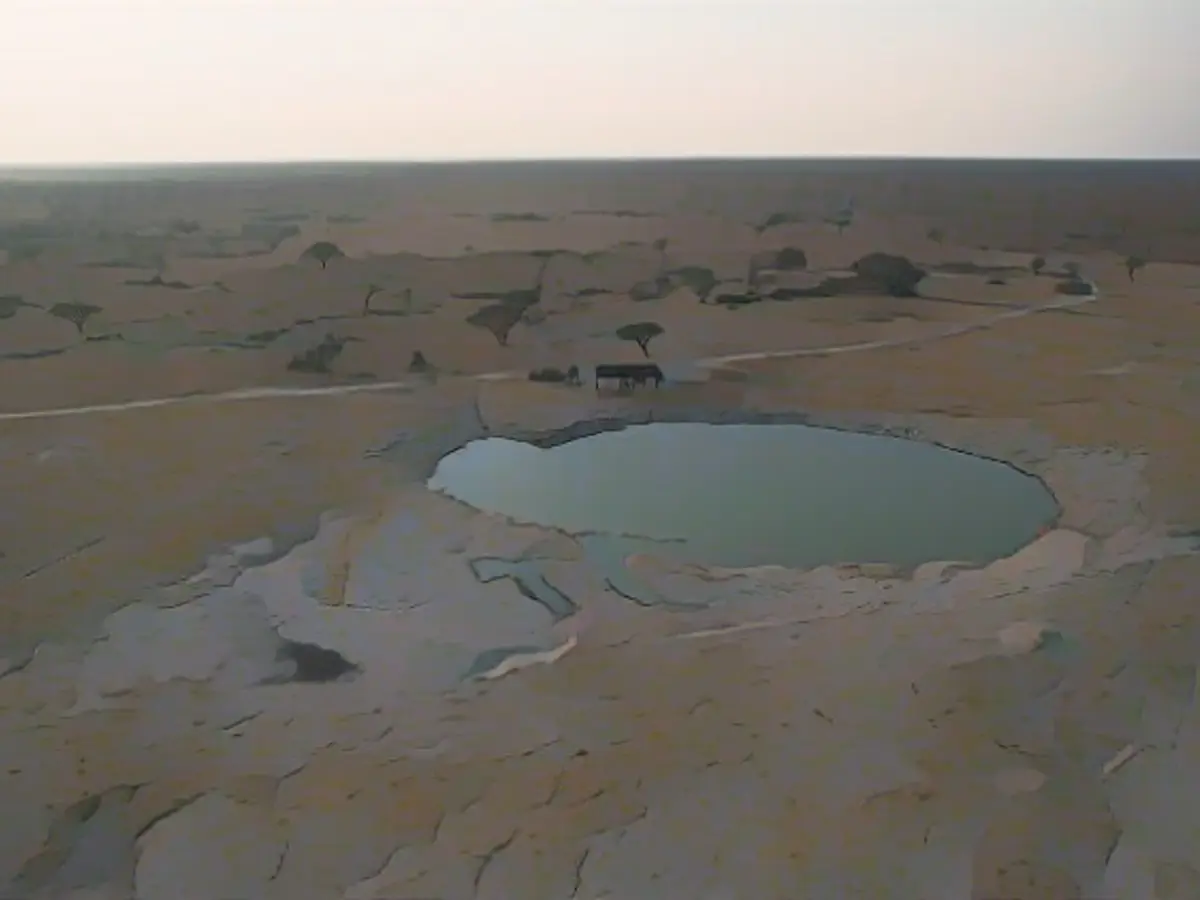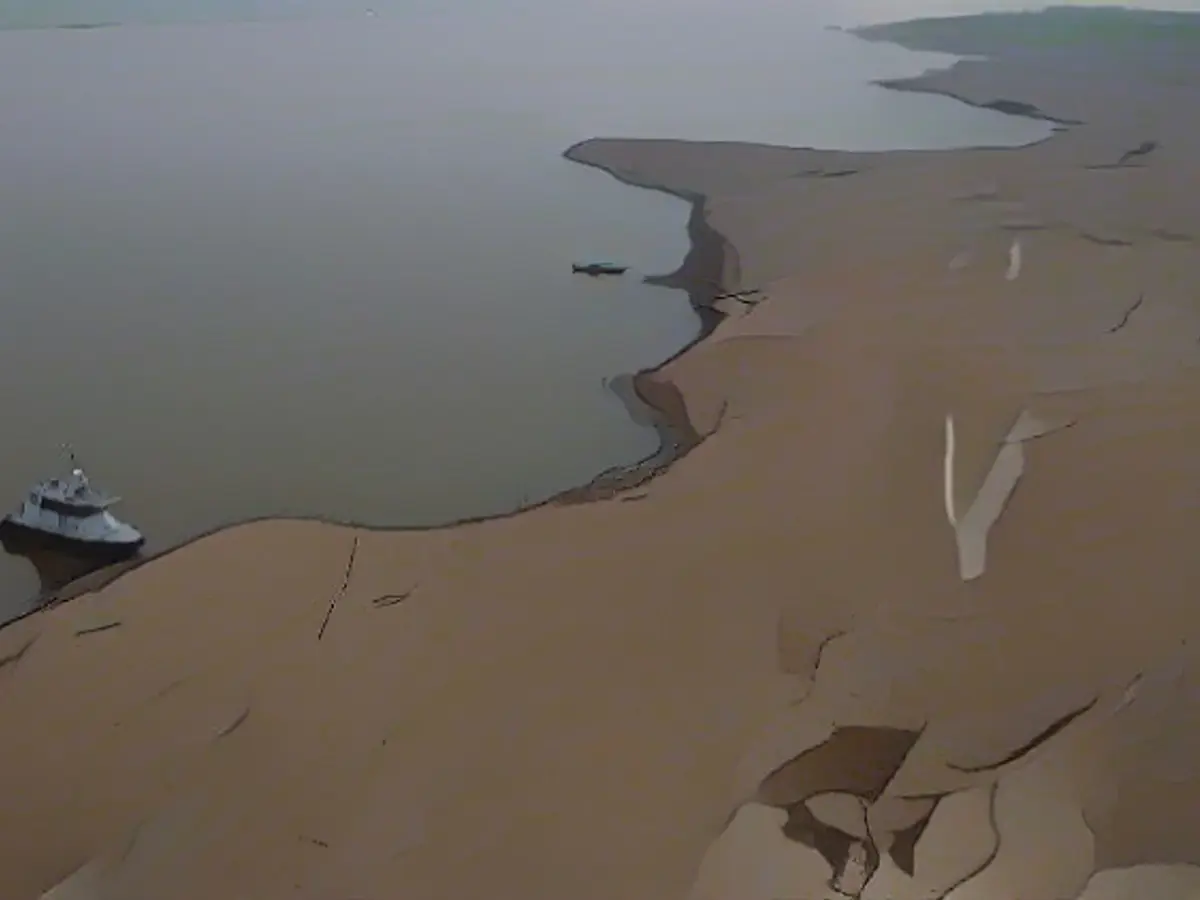Title: The Drought-Stricken Plight of Zimbabwe's Wildlife: Elephants Bear the Brunt
In the heart of Hwange National Park, Zimbabwe's largest nature reserve, a grim truth unfolds. Over the past three months, around a hundred elephants have succumbed to the harsh, arid conditions, triggered by an extended drought. This alarming development, according to the International Fund for Animal Welfare (IFAW), is attributed to the country's lack of summer rainfall - a consistent issue in southern Africa. The situation for the wildlife is dire, with numerous water sources, essential for the survival of mammals like elephants, drying up.
"If rain doesn't fall soon, elephants and other wildlife species are facing a catastrophe," cautions IFAW's Program Director for Habitat Conservation, Phillip Kuvawoga. This is not the first time Zimbabwe has grappled with such a crisis. In 2019, over 200 elephants perished due to a severe drought.
Yet, Hope Floats
Given the persisting conditions, authorities and environmental organizations took action four years ago, relocating around 600 weakened elephants to less affected areas. Impact measurements showed a drop in human-wildlife conflicts in those areas. Plus, over 2000 impalas, 50 buffaloes, 40 giraffes, and dozens of lions were also moved to safer zones.
However, despite these efforts, the consequential water shortage persists, putting the survival of Zimbabwe's wildlife in jeopardy once more. As a result, waterholes, vital for the animals' well-being, have dried up, leaving Hwange National Park's wildlife in a precarious position.
Climate Change: The Elephant in the Room
Climate change is proving itself to be an unprecedented threat, leaving its mark on every corner of the globe. In this case, it's no different. The extreme weather conditions worsen the drought, exacerbating the animals' struggles and showcasing the importance of preserving healthy ecosystems for climate protection.
Enrichment Insights
- Impact on Elephants: The harsh weather conditions force elephants to search for food and water beyond the park's boundaries. This has led to escalated human-wildlife conflicts, including property damage, human fatalities, and the migration of other wildlife species into Hwange National Park.
- Community Collaborations: Local communities are turning to unconventional methods to alleviate these conflicts: planting chilies, erecting electric fences, and exploring alternative livelihoods, such as beekeeping.
- Global Efforts: The United Nations Development Programme (UNDP) has launched the Antoomwe Campaign in Zambia, focusing on providing water points for wildlife, promoting alternative agriculture practices, and advocating for sustainable human-wildlife coexistence.
The situation in Hwange National Park serves as a poignant reminder of the delicate balance between man and nature, demonstrating that cooperation, innovation, and climate protection are all crucial components in maintaining harmony.







